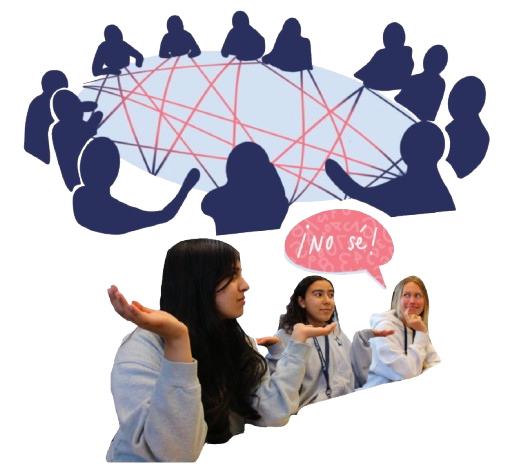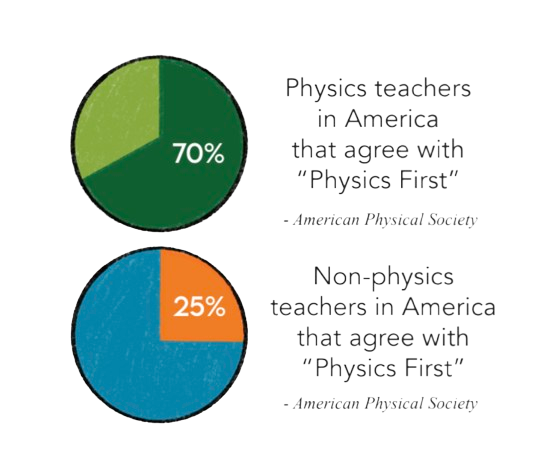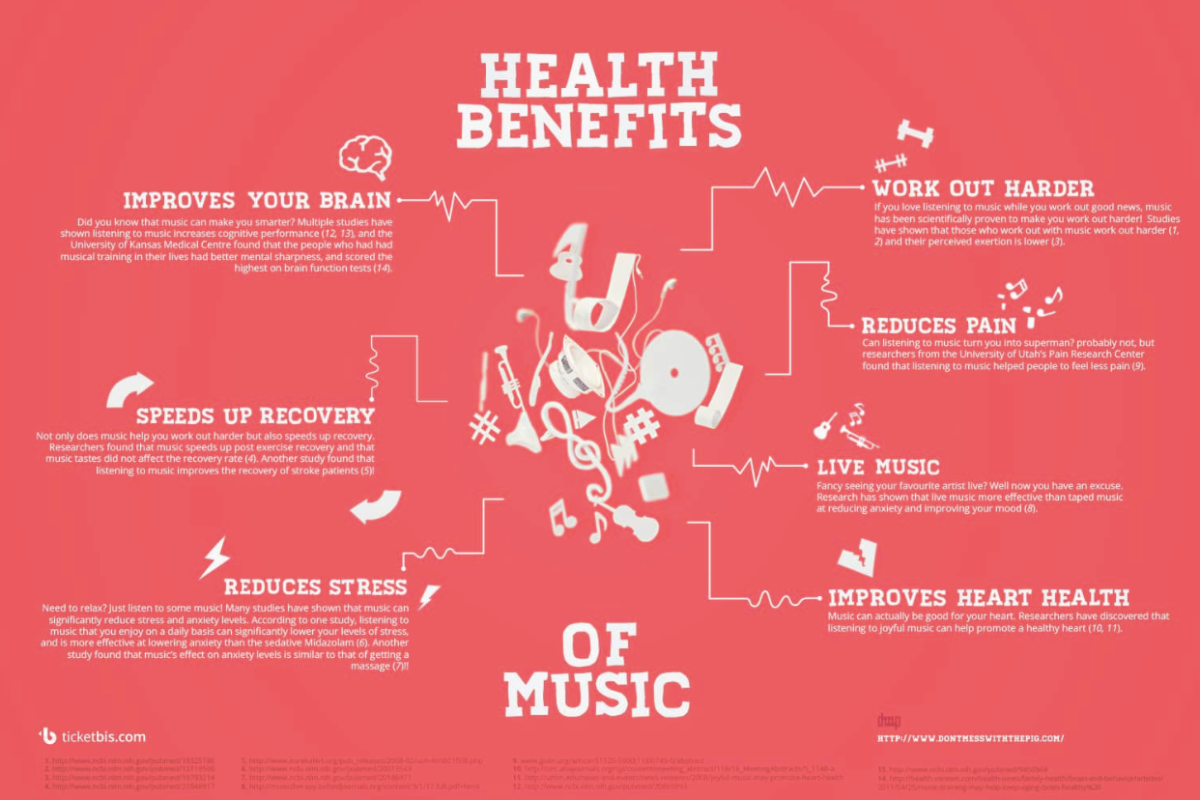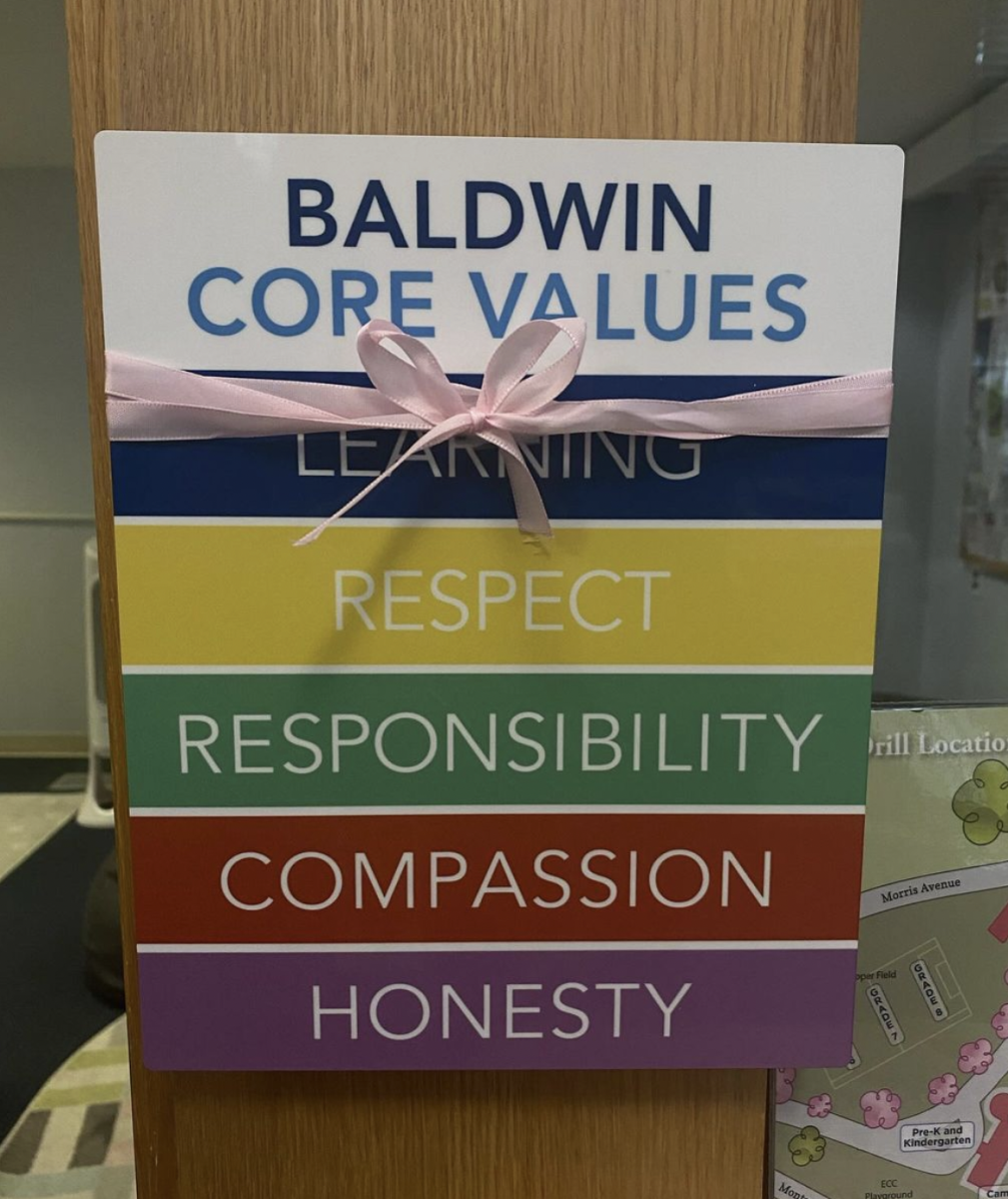The Caliber of Instagram’s Effect on Teenage Girls
What does facebook executives’ fight with The Wall Street Journal mean for its users?
Facebook executives pushed back against a report in The Wall Street Journal (WSJ) on Instagram’s detrimental effect on teenage girls’ mental health. The article, “Facebook Knows Instagram Is Toxic for Teen Girls, Company Documents Show,” caused a social media storm and invited people to ask the question: Is Instagram really that harmful to youth’s mental health?
WSJ’s analysis of Facebook’s published research includes statistics on how Instagram affects teenagers in many different ways, whether by supporting suicidal thoughts, eating disorders, or general anxiety and depression.
It is a well-known fact that Instagram promotes the active demonstration of teen bodies and beauty standards. The entire purpose of the app is to ensure that young people consistently engage by posting their bodies, daily activities, and important life moments, never not highlighting the most perfect parts of their lives.
This can lead to unhealthy obsessions with looks, status, and popularity among peers, as many Baldwin students can certainly attest. An Upper School student, who chose to remain anonymous, said “seeing the beauty standard of skinny girls in bikinis on my Instagram feed creates this conflict about how I feel about my body. I feel sad that I don’t achieve that standard and not good enough because I can’t look that way.”
The Wall Street Journal investigated—through Facebook’s own internal research—just how precisely Instagram affects young girls in the United States, stating that “the tendency to share only the best moments, a pressure to look perfect and an addictive product can send teens spiraling toward eating disorders.”
Incredibly, a former Facebook executive said, “people use Instagram because it’s a competition. . . that’s the fun part.”
While Facebook claims they were not attempting to hide their research, in the past they had intentionally cited other sources (such as Oxford Internet Institute) in reference to teens’ mental health in lieu of providing their own. A former data scientist at Facebook, Frances Haugen, leaked documents containing this internal research before leaving the company. She shared these documents with the WSJ, and the ensuing article is what spurred such a reaction from the public.
In a study with 40 teenagers from the UK and the US who had reportedly “not been satisfied with their lives,” all “blame[d] Instagram for increases in the rate of anxiety and depression.”
Facebook refuted this claim and said, “The same teenage users say the overall effects of Instagram are positive for them.”
However, it would be irresponsible to disregard the initial statement, which shows that from a randomized and general consensus, without prompting, teens agreed that Instagram led to anxiety and depression.
Additionally, from teens who reported experiencing suicidal thoughts, “6% of American users traced the desire to kill themselves to Instagram.”
Facebook fired back, again, with a statistic from the data stating that only 1% of American teens credited their suicidal inclination to Instagram.
This does not mean Instagram’s very real grip on teen girls’ mental health and lifestyle can be disregarded; girls in the study felt as though they were stuck in a never-ending loop of addiction to the app. They could not leave even though they knew that staying was horrible for their mental health.
An anonymous Baldwin student said, “it was one of the harder things I’ve had to do. To quit Instagram, I mean. It had this—to put it seriously—stupid hold on me. How I saw myself and how I treated myself. But there was just this magnetism that drew me in every day until I had had enough and forced myself to delete my entire account.”
Instagram has its benefits: it’s excellent for product promotion, spreading awareness about crises and current events, staying connected with friends, and sharing life accomplishments. The Wall Street Journal highlighted the worst parts of Instagram and its seemingly indefinite reach to young peoples’ lives, a narrative Facebook has fought hard to keep from spiraling out of its control.





























